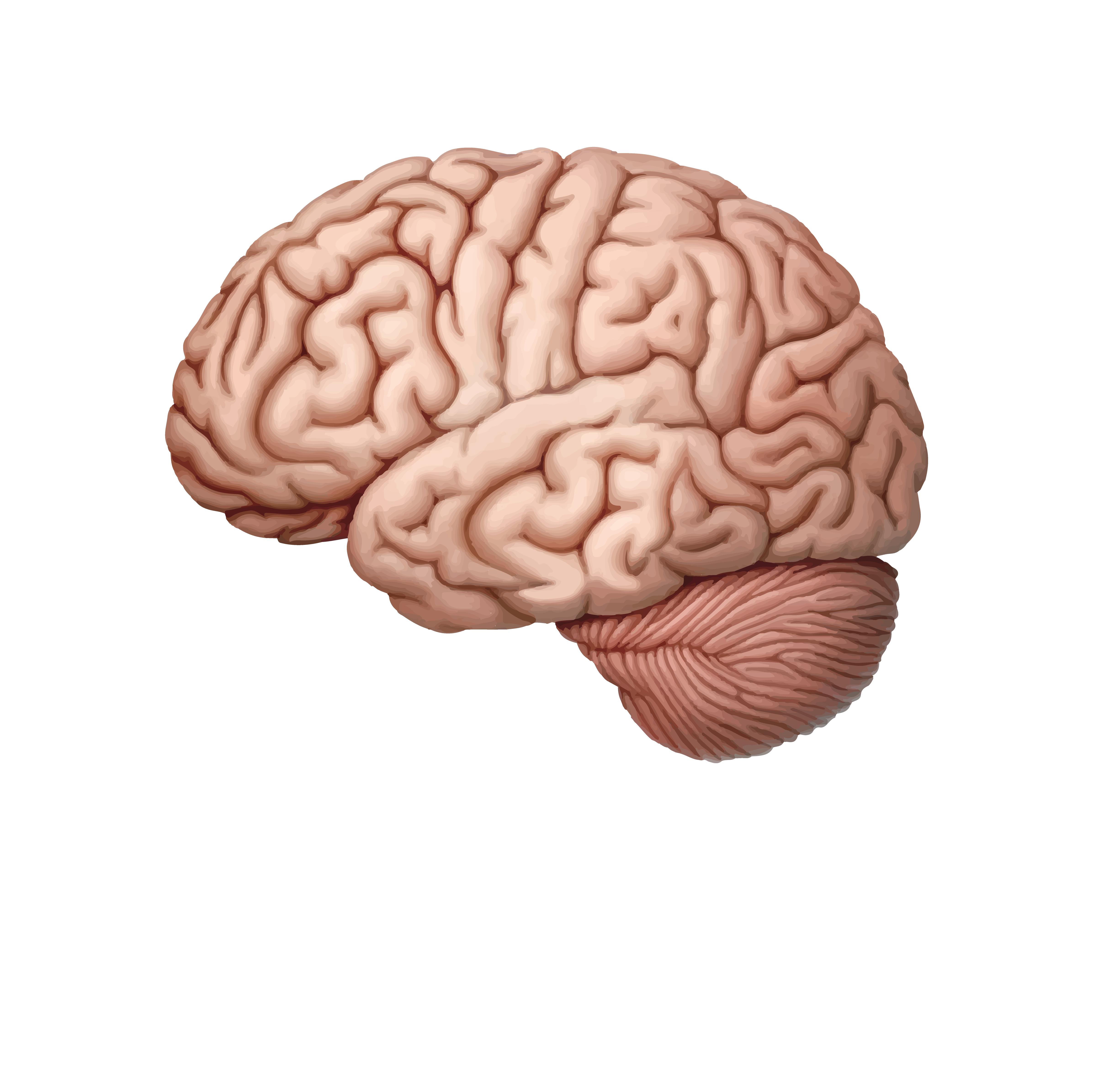When a memory fades
When a memory fades
Minorities miss early detection
Sunday, May 13, 2007
BY ANGELA STEWART
Star-Ledger Staff
For years, Gilbert Brown was the one his family turned to if they had a problem or needed a helping hand. A church deacon and organist, Brown was the glue that held everything together.
Then around 2003, when Brown was in his late 70s, things began to change. He didn’t always know what day it was. He needed assistance handling routine matters like paying bills. On occasion, Brown, a widower then living in Pleasantville in Atlantic County, would even forget to eat.
His son Michael, who lives in Irvington, chalked it up to aging. But doctors would ultimately determine, through a medical evaluation and testing, that it was much more than that.
Gilbert Brown was diagnosed with Alzheimer’s disease.
“It’s hard to face up to facts when you see someone that vibrant and alert — someone you depended on — in such a different light,” said Michael Brown, 59, admitting he was initially in denial.
African-American caregivers are significantly more likely to mistakenly believe that Alzheimer’s disease is a normal part of aging, compared with caregivers of other races, a recent survey commissioned by the Alzheimer’s Foundation of America found. And while blacks are almost twice as likely to develop the disease as whites, they are about 40 percent less likely to receive appropriate diagnosis and treatment, the survey said.
A pilot program being launched by Rutgers University in Newark is trying to change that.
Professionals from the school’s Memory Disorders Project will partner with community-based organizations to increase awareness of Alzheimer’s disease among African-Americans. Starting in the fall, they will train those organizations to provide outreach on memory fitness and brain health, including talking about healthy diets and engaging seniors in fun exercises such as how to remember someone’s name.
In addition, trainees will learn how to identify seniors who might be exhibiting symptoms of Alzheimer’s.
The Newark Urban Healthy Memory and Aging Program is part of a larger effort also under way at five other urban-based Alzheimer’s research centers, including Cleveland and Los Angeles.
The one-year pilot programs are being funded by two pharmaceutical companies with an interest in aging and memory loss. Pfizer has provided a $248,000 grant and Forest Laboratories $65,000. Rutgers-Newark’s share will be $52,000.
“We here at Rutgers-Newark are interested in seeing the research we do being relevant to the larger community,” said Mark Gluck, a professor of neuroscience who is co-director of the Rutgers Memory Disorders Project. “The evidence suggests that African-Americans are at higher risk, not because of genetics, but because of environmental, lifestyle and behavioral factors.”
For instance, research has shown that Alzheimer’s is far less prevalent among native Africans living in places like Kenya, suggesting factors like diet may be a contributing factor among American-born blacks.
Higher rates of heart disease, high blood pressure, high cholesterol and diabetes among African Americans also put the population at risk, Gluck said. Smoking, physical inactivity, lack of participation in cognitively stimulating activities and social isolation also have been linked to lowered memory status, he said.
“This information scientifically has been around for a long time, but it needs to get into the community,” said project consultant Cynthia Green of Montclair, a clinical psychologist on the faculty of Mount Sinai School of Medicine in New York.
Shortly after his diagnosis, in November 2004, Gilbert Brown, a retired retail salesman, was placed on a drug that in some patients has been found to slow the progression of Alzheimer’s. But Brown’s insurance company will no longer pay for it, his son said, explaining his condition is now categorized as too “severe.”
Although it begins gradually, Alzheimer’s progresses steadily, causing confusion, impaired judgment and personality and behavior changes, in addition to communication difficulties.
“About a month after we brought my father up to Irvington to live with us, I wasn’t at dinner one night. My father asked my wife, ‘Where’s the man who sits over there?’ That’s when I found out he no longer realized who I was,” Michael Brown recalled.
Yet Gilbert Brown, who is now 80, has not lost all his memory. He still enjoys playing church hymns on his organ, although his son believes he can no longer read music.
“I’ve noticed over the last few months, his playing is not quite as crisp as it used to be, but he’s still very good,” Michael Brown said.
Rutgers-Newark officials introduced several community leaders to their project last week, with all saying they interact daily with seniors who could benefit.
“We need to be able to define what is going on with them. This is a start,” said Mary Dawkins, executive director of Concerned Seniors of New Jersey, a Newark-based lobbying group.
For more information on the Newark Urban Healthy Memory and Aging Program, contact Professor Mark Gluck at gluck@pavlov.rutgers.edu.
Angela Stewart may be reached at astewart@starledger.com or (973) 392-4178.
http://www.nj.com/starledger/stories/index.ssf?/base/news-3/1179031302309280.xml&coll=1&thispage=1
